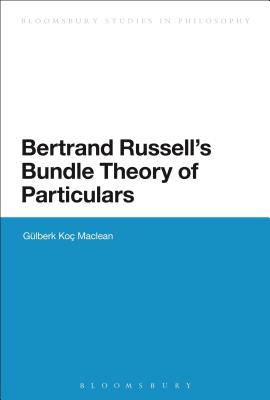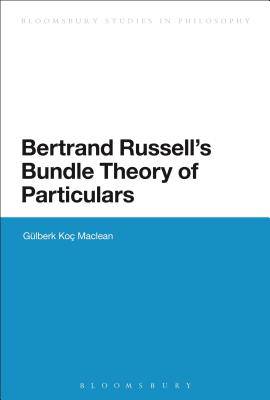
- Retrait gratuit dans votre magasin Club
- 7.000.000 titres dans notre catalogue
- Payer en toute sécurité
- Toujours un magasin près de chez vous
- Retrait gratuit dans votre magasin Club
- 7.000.0000 titres dans notre catalogue
- Payer en toute sécurité
- Toujours un magasin près de chez vous
Description
Bertrand Russell's Bundle Theory of Particulars presents and evaluates Russell's arguments for two competing theories on the nature of particulars at different stages in his career: the substratum theory of particulars (1903-1913) and the bundle theory of particulars (1940-1948).
Through its original focus on Russell's little known metaphysics in the later part of his career, this study explains why Russell's theory of particulars is relevant today. It argues that a Russellian realist bundle theory is indeed the best explanation of similarities and differences that we observe around us thanks to the ontological economy such a theory provides and its strength and completeness as a theory of the nature of reality. Tackling the major criticisms levelled against the realist bundle theory - the problem of individuation, the problem of necessity, and the problem of analyticity - this study presents and defends a tenable Russellian bundle theory which can answer the objections. Bertrand Russell's Bundle Theory of Particulars is a novel and significant contribution to Russell scholarship.Spécifications
Parties prenantes
- Auteur(s) :
- Editeur:
Contenu
- Nombre de pages :
- 184
- Langue:
- Anglais
- Collection :
Caractéristiques
- EAN:
- 9781472512666
- Date de parution :
- 08-05-14
- Format:
- Livre relié
- Format numérique:
- Genaaid
- Dimensions :
- 156 mm x 234 mm
- Poids :
- 435 g

Les avis
Nous publions uniquement les avis qui respectent les conditions requises. Consultez nos conditions pour les avis.






